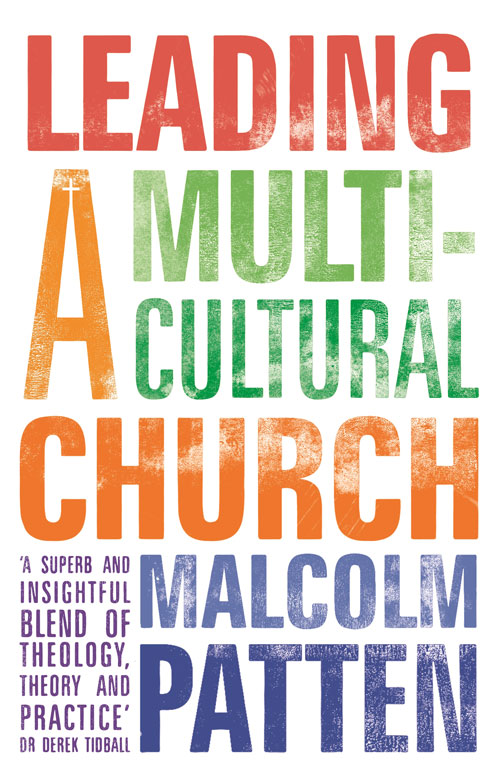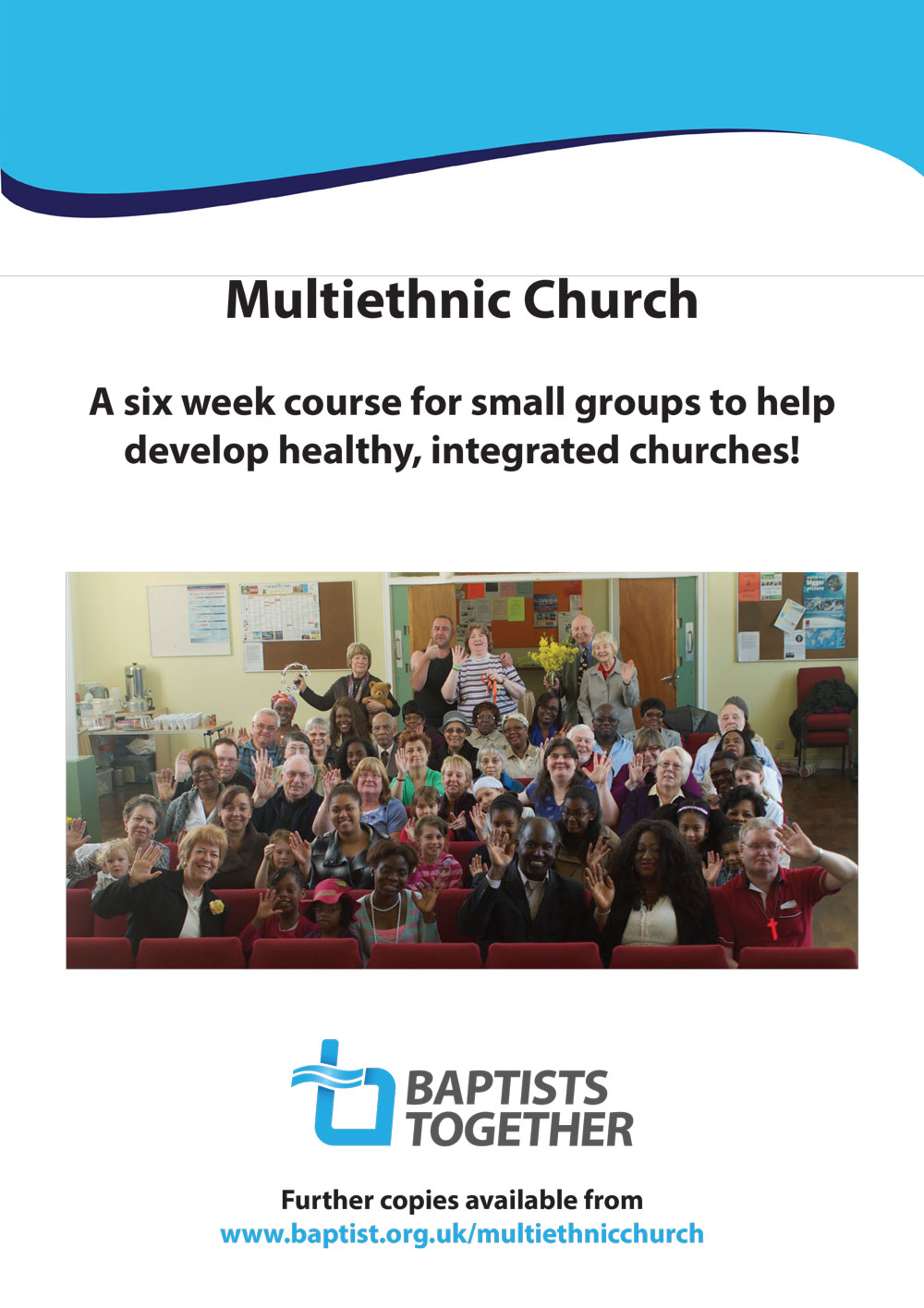
“It’s brought greater richness, depth and insight”
How listening to and empowering voices from different cultures has impacted Blackhorse Road Baptist Church
“I’ve been trying to implement the fundamentals of my research,” explains Malcolm Patten. “How do you have a genuinely multicultural congregation? How do you empower people? How do you go about putting people in positions of influence to reflect the diversity of the congregation?”

Malcolm is the senior minister of Blackhorse Road Baptist Church in Walthamstow, east London. His doctoral thesis was based on qualitative research into a multicultural church. He is the author of
Multiethnic Church, a Baptists Together course for small groups to help develop healthy, integrated churches, as well as the book
Leading a Multicultural Church.
He says a core element of Baptist identity is the priesthood of all believers, which he prefers to describe as the
participation of all believers: this re-wording has made it easier for his congregation to grasp, and helped move the church through a period of change.
When he arrived at Blackhorse Road in 2009 there was just one person from a minority ethnic background in a position of leadership. That ratio for trustees is now 50/50, and the church is working to increase the number of people from minority ethnic backgrounds across the other teams:
trustees/deacons, worship leaders, junior church leaders. They vary with some under and others over the ratio.
“We’ve tried to bring diversity to all the teams,” he says. “It’s been a slow process. We recognise that being a historically white-led church we’ve had to go the extra mile, work extra hard to bring diversity to the ranks.
“You have to encourage people, build their confidence that they will be heard and taken seriously.”
When people are on leadership teams, there has to be a recognition they approach things in different ways.
Malcolm cites the work of Dutch social psychologist, Geert Hofstede who talks about how there is a different ‘power distance’ between people and their leaders. Some cultures will have a large gap and more of a natural deference to their leader.
He mentions Theo, a Congolese man in his congregation who is now an elder and trustee. If Theo disagrees with an idea, he wouldn’t directly say this (indeed, he would actually tell Malcolm that he supported the idea). However, he would voice his concern in the form of a story.
“He won’t disagree directly, so I need to give him space, to be able to understand what he’s saying. This requires deep listening. By contrast, a white person might simply say they disagreed straight away. It requires work and adjustment on all our parts.
“The result of this adjustment and listening has been an enriched, deeper understanding of the church and its congregation’s needs and thinking”, Malcolm says.
“Deep listening takes time. You can’t make decisions quickly. But you can reach more widely and deeply. You have their views of different cultures better represented. And the greater the diversity and perspectives, you’re more likely to get a better answer.
“You are also working with people who are used to working cross-culturally. One example at our church is that we have had a number of Iranians join us. Theo knows what it’s like to go through a claim for asylum, and he can empathise with that in a way I cannot.
“So for us it has required attention, time and deep listening – but it’s brought greater richness, depth and insight.”
Click here to
download a pdf version of this article.

Click here to
download Malcolm's Multiethnic Church course.
Photos: Blackhorse Road Baptist Church | shutterstock.com